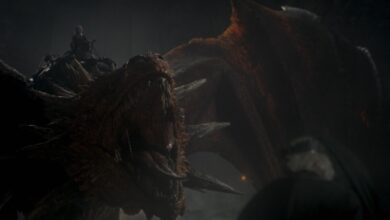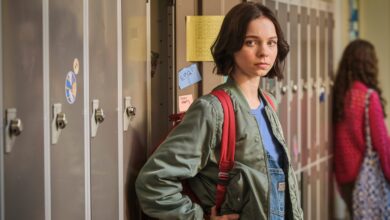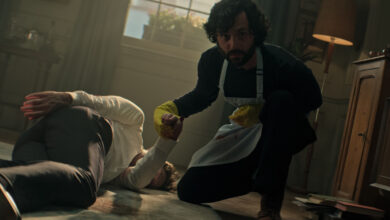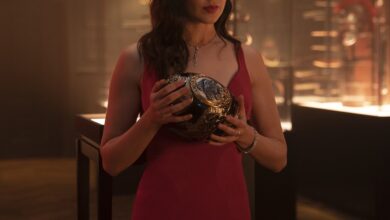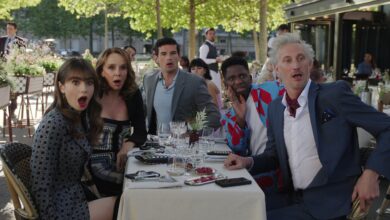All of Us Strangers Ending Explained: The Power of Love and the Movie Explained Starring Andrew Scott and Paul Mescal
All of Us Strangers, the new film by Andrew Haigh (Weekend, 45 years old), the adaptation of the novel of the same name by the Japanese writer Taichi Yamada published in 1987 and already adapted for the big screen the following year. It is a story made up of two love stories in one: at the center is Adam (played by Andrew Scott), a forty-year-old gay screenwriter who lives alone in London, in a semi-deserted building. Haunted by the past, Adam returns to his childhood home, where he discovers that his parents he thought were dead (played by Claire Foy and Jamie Bell) are still “alive”, with the “only” difference that they are physically the same to how they were before they died when Adam was only 12 years old. In parallel, Adam also begins a relationship with a mysterious young man named Harry (played by Paul Mescal). Both relationships (with his parents and with Harry) help Adam heal after years of shame and feelings of isolation. In what is surely a heartbreaking narrative twist, to say the least, it will be discovered that not only is the story of Adam’s parents a “ghost story”, but so is that of his relationship with Harry…
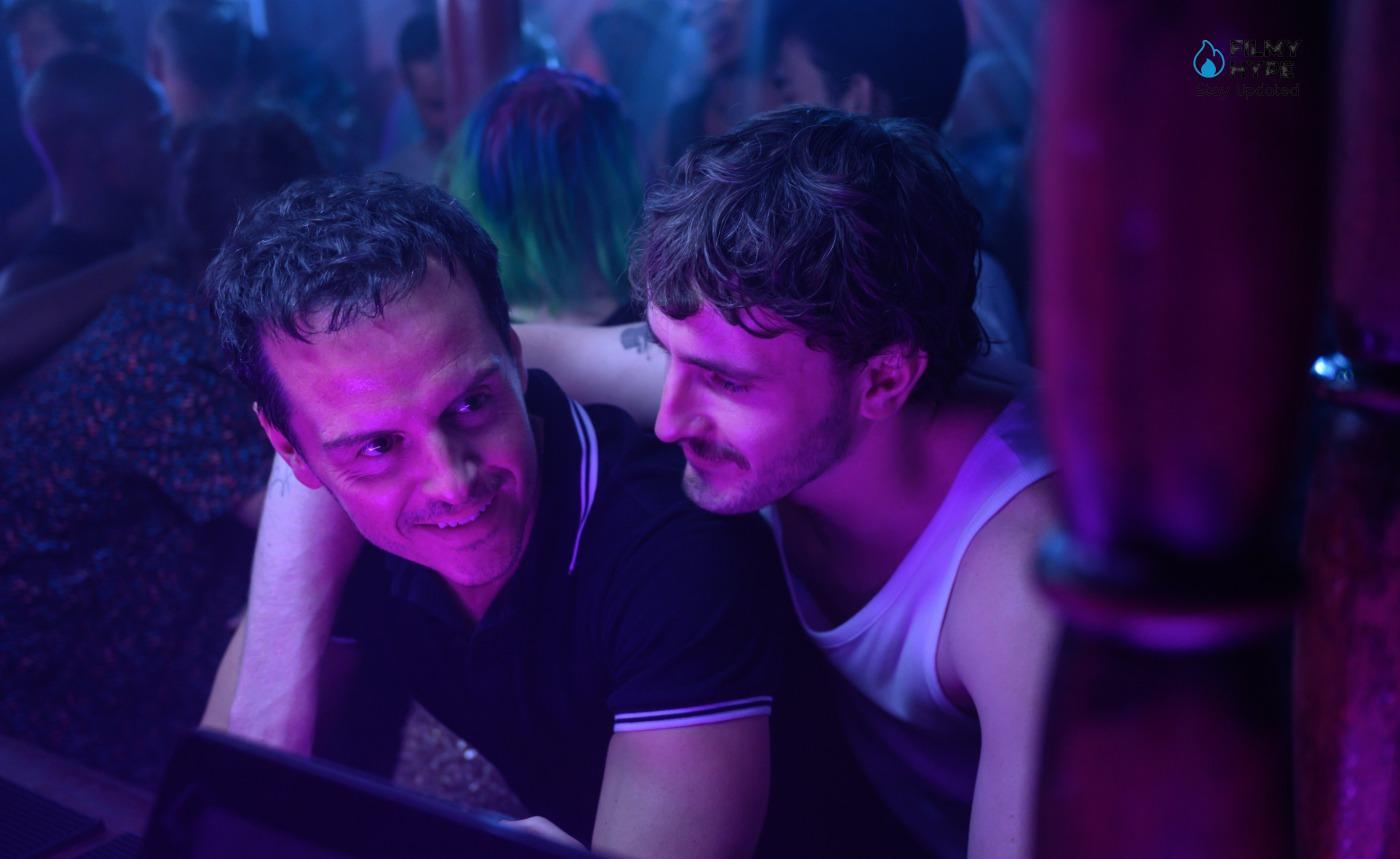
Presented at the Telluride Film Festival, then in New York, at the Valladolid Film Festival, and, finally, at Alice nella Città. A long journey, paved as much by applause as by tears. Because All of Us Strangers by Andrew Haigh is not a film like the others. In an era in which emotions are constantly subtracted and hidden (even in cinema), Haigh’s film (who returns to directing after the excellent Charley Thompson – Lean on Pete) reveals the emotional essence of a story based on pain, without hiding the fragility of its splendid protagonists. Although different from the novel of the same name on which it is based, written by Taichi Yamada in 1987, and already brought to the cinema by Nobuhiko Obayashi in 1988 (the film was The Discarnates), All of Us Strangers Lives following the traces of the original story, but reflecting in a Japanese poetics are tangible: spirits, death, the acceptance of mourning, catharsis.
From these elements, Haigh transports the structure to an unfriendly and contemporary London, cold and silent – “outside there is London, but you can’t hear anything” -, observed by Adam, played by Andrew Scott (magnificent), a screenwriter who is trying facing writer’s block, holed up in an almost uninhabited apartment building. Almost, because downstairs lives Harry (Paul Mescal, also amazing) who, afraid of loneliness, asks Adam if he can spend the night with him. But the writer, disheveled and indecisive, rejects him. From here on, All of Us Strangers delves into the concept of Sliding Doors, substantially altering the cinematic reality of a film as painful as it is dazzling.
All of Us Strangers: Plot Summary
London, 2023. We enter the apartment of a screenwriter, Adam (Andrew Scott) that’s his name, with an apparent writer’s block exacerbated by a tragic past. He lives alone in an uninhabited building, or almost so. Thanks to the unmotivated triggering of the fire alarm, Adam, once on the ground floor, discovers that he has only one neighbor, whom he glimpses by scanning the upper floors. The two strangers find themselves face to face only thanks to the cheekiness (fueled by the Japanese alcoholic drink he holds in one hand) of Adam’s only neighbor, Harry (Paul Mescal) who would like some company. He feels alone, he jokingly states that there are “vampires at his door”. Embarrassed and intrigued, Adam declines the offer.
From this moment on, Haigh’s caressing direction transports us into a dreamlike atmosphere, to say the least, in which our protagonist’s past slowly emerges. Orphaned at the age of 12 due to a car accident that took his parents away from his life. To overcome the creative block that afflicts him, Adam decides to return to his old home where his parents (Claire Foy and Jamie Bell) who are younger than him at the moment because they were crystallized at the moment of death, open the door for him and both us and we are aware that it is only a reunion that is as imaginary as it is healing and cathartic. Adam will return to them several times, openly declaring his homosexuality to that couple who, in perfect 80s style, still reveal themselves to be slightly tetragonal to their son’s declaration, even though they had already guessed what his sexual preferences might be, revealing quite a few resentments of the child Adam who felt misunderstood, resentments that are washed away by the tears shed on both sides.
All of Us Strangers the Need for Memories: The Explanation of the Film
Among other things, the beauty of All of Us Strangers lies in being as simple as it is emotionally complex if approached with such freedom that you can feel Adam and Harry’s every gasp. Here, according to the original work, the first change made by Andrew Haigh: in the novel the figure of Harry was a girl. Intuition and a turning point, that of the director, in some way essential in the economy of the story – Haigh is homosexual, and in his filmography he has often dealt with queer themes, in fact linking itself to Adam’s path in the (re)discovery of certain memories. The heart of All of Us Strangers is precisely the writer’s descent into the memory of a past that stopped when he was twelve years old.
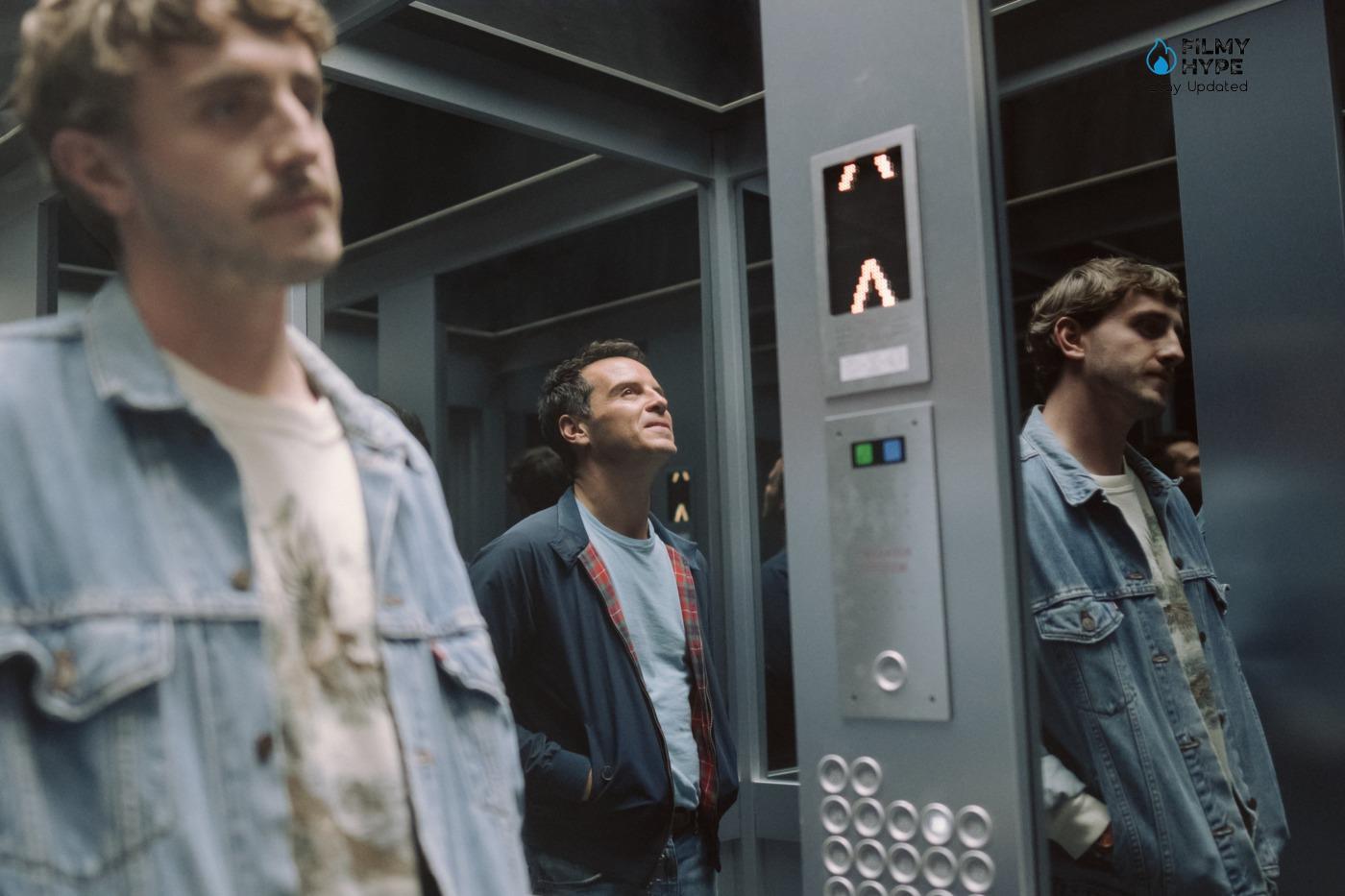
On Christmas evening, we discover, that he will be contacted by a police officer – “with good eyes” – who will tell him that his parents died in a car accident. If the simplicity of the screenplay is linear, let’s delve deeper into Haigh’s work by approaching the film based on the explanation of the story, up to the wonderful (and destructive) ending. And we’ll reveal it to you right away, the parents that Adam finds are mental projections, the result of an interrupted need. Real spirits and ghosts exist in the perception of the protagonist, which he finds in his childhood home in Croydon. That house, scene after scene, becomes the center of the film: the light changes and Adam’s shining eyes shine with happiness, lulling himself into the idea of having had his life back when, in fact, he was still a child. Splendidly played by Jamie Bell and Claire Foy, the parental figures will act as a guide (once again momentary) to Adam, who will have time to say goodbye to them, but not before having told him about his life (confiding in his mother that he is homosexual).
Ghosts, Pain, and the Power of Love?
But Adam’s mother and father, aware of being in transit, will explain to their now-grown son how important it is to open up to life. Remaining with him for the time necessary for emotional healing which necessarily passes through the most acute pain (and the three will say goodbye definitively in their favorite restaurant, in a moment of great emotion). After all, writer’s block, for Adam, comes from a grief that has never been metabolized, and locked up in a scared and bored existence. Here the character of Harry returns to the scene. The two begin to meet, between photographs and junk TV, and begin to like each other, to love each other, to open up, while the writer returns to visit the imagined idea of his parents. Adam finds a certain protection in Harry, understanding how necessary it is to love and let himself be loved (unlike the book, among other things with many more characters, where Adam gradually fades away, definitively collapsing without perhaps).
Now, we come to the explanation of the ending of White Walkers, which focuses on the fatalism sought by the director: Adam, who has faced memories, putting together the pieces of his unfinished soul, wants to start his life with Harry. When he enters the boy’s apartment, however, he finds him dead, in his bed, for some time now. How could that happen? Simple: Harry committed suicide on the evening of the rejection when he knocked on Adam’s closed door, and what Adam had frequented in the following days was, in this case too, a ghost, a projection, just as his family was a projection. The same ghost of Harry who, in the end, reappears in front of Adam: both have acquired a new awareness, but this time it will be Adam who embraces Harry, protecting him and singing The Power of Love by Frankie Goes to Hollywood, which Andrew Haigh pays homage to by imagining Adam and Harry like a shining star. The same star that we see in the video clip of the song released in 1984.


